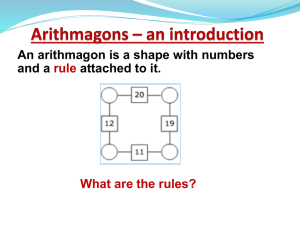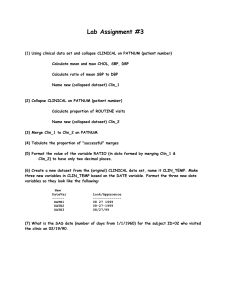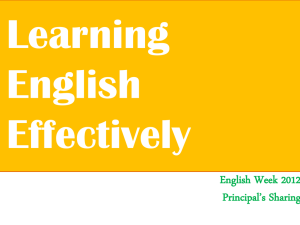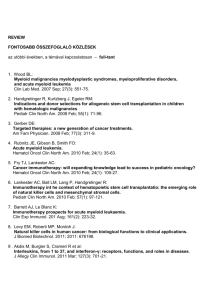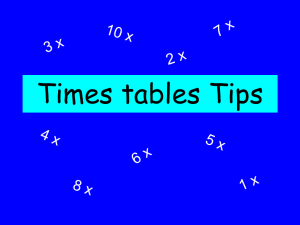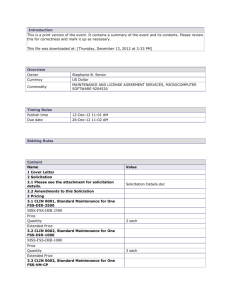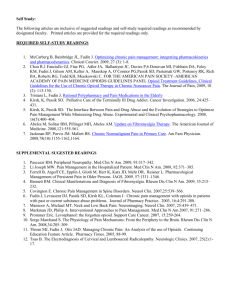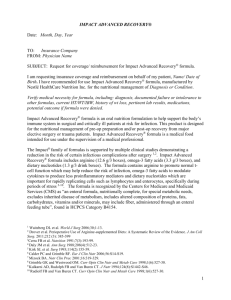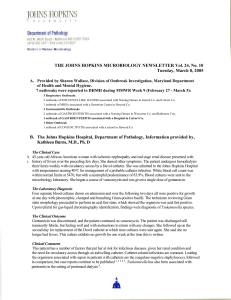Selecting the Best Anesthetic Using What You Learned in
advertisement
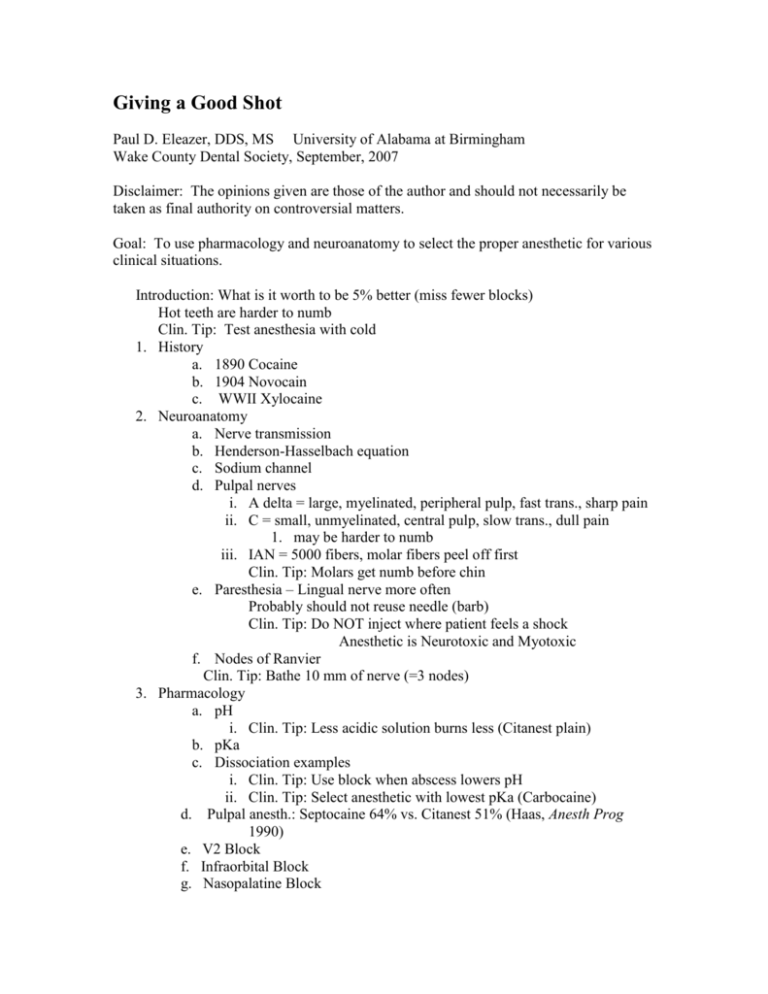
Giving a Good Shot Paul D. Eleazer, DDS, MS University of Alabama at Birmingham Wake County Dental Society, September, 2007 Disclaimer: The opinions given are those of the author and should not necessarily be taken as final authority on controversial matters. Goal: To use pharmacology and neuroanatomy to select the proper anesthetic for various clinical situations. Introduction: What is it worth to be 5% better (miss fewer blocks) Hot teeth are harder to numb Clin. Tip: Test anesthesia with cold 1. History a. 1890 Cocaine b. 1904 Novocain c. WWII Xylocaine 2. Neuroanatomy a. Nerve transmission b. Henderson-Hasselbach equation c. Sodium channel d. Pulpal nerves i. A delta = large, myelinated, peripheral pulp, fast trans., sharp pain ii. C = small, unmyelinated, central pulp, slow trans., dull pain 1. may be harder to numb iii. IAN = 5000 fibers, molar fibers peel off first Clin. Tip: Molars get numb before chin e. Paresthesia – Lingual nerve more often Probably should not reuse needle (barb) Clin. Tip: Do NOT inject where patient feels a shock Anesthetic is Neurotoxic and Myotoxic f. Nodes of Ranvier Clin. Tip: Bathe 10 mm of nerve (=3 nodes) 3. Pharmacology a. pH i. Clin. Tip: Less acidic solution burns less (Citanest plain) b. pKa c. Dissociation examples i. Clin. Tip: Use block when abscess lowers pH ii. Clin. Tip: Select anesthetic with lowest pKa (Carbocaine) d. Pulpal anesth.: Septocaine 64% vs. Citanest 51% (Haas, Anesth Prog 1990) e. V2 Block f. Infraorbital Block g. Nasopalatine Block h. Epinephrine – the chemical tourniquet i. Use for longer duration ii. Use for vasoconstriction iii. Use to lessen systemic uptake of anesthetic iv. Causes anxiety v. Needs acidic pH vi. Needs sulfite preservative vii. Yellow solution = too old to use i. Individual variation Citanest plain = least painful Methemaglobinemia, Paresthesia Carbocaine = best anesthesia Neo-Cobefrin = less tachycardia Lidocaine = best topical Sedative Marcaine = longest lasting Cardiotoxicity Septocaine = best penetration Paresthesia Don’t inject at “shock point”

